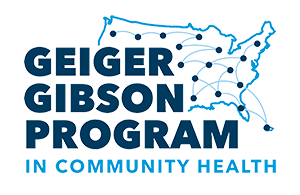The budget reconciliation bill passed in the U.S. House of Representatives on May 22 will require all states to adopt work requirements as a condition of Medicaid enrollment for low-income working-age people who gained coverage based on the Affordable Care Act Medicaid expansion. What could these mandatory work requirements mean for community health centers (CHCs) and those they serve?
In a new blog post for The Commonwealth Fund’s to the Point, we look beyond the "working-age adult " Medicaid population generally and focus on people known to receive care at community health centers. CHCs provide care to all regardless of their ability to pay and their largely low-income patients - including those with Medicaid coverage - tend to have complex medical and social needs. These challenges, and the limitations of state-based reporting systems, will make it especially difficult for CHC patients to navigate the processes required to document their work or exemption status needed to retain coverage. As a result, Medicaid work requirements could cause nearly 5.6 million community health center patients nationally to lose coverage over 5 years. Health center revenue losses could reach up to $32 Billion, threatening the viability of this essential backbone of primary care in underserved communities.
Medicaid is the largest health center revenue source, accounting for 43 percent of all CHC revenue. This analysis underscores the critical importance of Medicaid to community health center patients and the disruptions to coverage, access and health center services that are likely to result from mandatory Medicaid work requirements.



